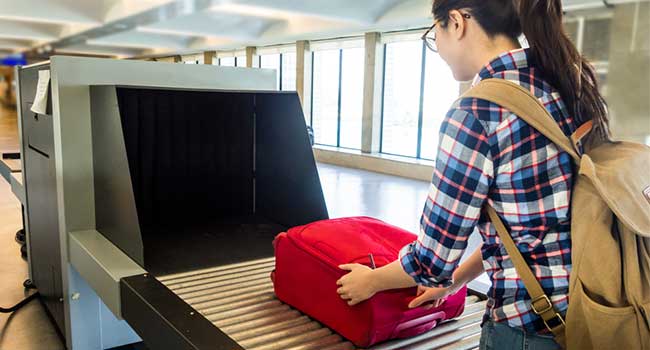
New Scanners Aim to Make Airport Security More Efficient
New airport scanners could mean never having to remove items from luggage again.
- By Sydny Shepard
- Jul 24, 2018
London's Heathrow Airport is installing, on a trial basis, new X-ray scanners that could eventually lead to the end of passengers removing toiletries from their carry-on luggage.
The scanners feature 3D imagery, meaning security staff can see objects inside people's baggage from all angles. The new technology can also detect hidden explosives, the United Kingdom's Department for Transportation said in a statement.
"If successful, this could lead in future to passengers no longer needing to remove items from hand luggage for screening," the department said. Currently, passengers must remove all laptops and liquids such as water, shampoo and toothpaste from their hand luggage before passing through security.
Similar scanners have been tested at John F. Kennedy airport in New York and Schiphol airport in Amsterdam.
Passengers around the world were banned from carrying liquids on board in August 2006, following the discovery of an alleged terror plot aimed at airliners flying between Great Britain and the United States. The rules were later amended to allow passengers to bring under 3.4 ounces of liquid, carried in a separate, transparent bag.
About the Author
Sydny Shepard is the Executive Editor of Campus Security & Life Safety.